It’s a question that many solar panel owners ask themselves when they are deciding what to do with their solar panels.
Can solar panels run a whole house? The answer is yes, but it all depends on some factors like the size of your house and how much you use electricity in order to make this happen.
In this article, we will discuss if solar power can run an entire home, as well as things you need to consider before making the switch!
So without further ado let’s go into details.
Can Solar Panels Power A Whole House?
This is a common concern among solar panel owners.
The short answer is yes, solar panels can run an entire house; however, there are some considerations to make sure everyone stays comfortable and secure in their home.
One of the biggest concerns with solar power for homes is that you will not have enough electricity during the night or on dark days/months.
The solar panel array size required to run a whole house is dependent on several factors including average daily sunlight, climate, and how often the appliances are used.
On days that aren’t sunny or during winter months solar panels will need battery storage in order to supply enough electricity for your entire home 24/hrs a day.
Solar energy systems are designed to automatically switch between solar power and grid power.
Grid-tied solar electricity systems can never supply 100% of a home’s electricity needs, but they do work in conjunction with the utility company to meet your demand for electrical appliances.
Related Article: How Much Roof Area For Solar Panels
Are Batteries Important To Run My House With Solar Panels?
Although solar panels can run a home without batteries, having an energy storage system will ensure your solar power is reliable and secure.
Battery banks help solar panel owners store excess electricity during the day for use in the evening when demand typically peaks.
You don’t want to be like this one guy who relied only on solar power and had no power in his house for five days.
You want to be like this solar panel owner who had enough electricity stored in his battery bank for three days of no sun.
The solar panels will power your home during the day but you’ll need some energy storage source, such as batteries or a generator, to provide electricity at night and on cloudy/rainy days.
Related Article: What Size Solar Panel To Charge 12V Battery?
What Factors Are Important In Determining Whether Solar Panels Can Power Your Entire House?
There are a few factors solar panel owners need to consider when determining whether solar panels can power their entire home.
The most important factor is the size: solar panels are sized in kW, which is a measure of solar energy production.
The solar array size should be big enough to meet the electricity demand from all household appliances and systems throughout the day when there is no sunlight.
The average U.S home uses approximately 30kWh per day, while homes in extremely sunny regions could use up to 200kWh on a sunny day.
sunlight: solar panels need at least five hours of direct sunlight per day to run an entire house.
climate: solar panels can’t produce electricity during the night or on cloudy days, so solar panel owners will need to have batteries in order to meet their needs when there isn’t any sunlight.
various appliances usage: solar panels can power all appliances in your home, but solar panel owners should consider the size of each appliance and how often they are used.
If you have a big house with lots of appliances that will be running at once, solar panels may not produce enough electricity to run everything during the day.
That’s why it is important for solar panel owners to use solar system monitoring software that will monitor solar production minute by minute and determine the best time of day for running appliances.
Related Articles: What Affects The Output Of A Solar Panel?
How To Run Your Whole House On Solar Power?
If solar panels can run your whole house, how do you go about making that happen?
The first step for solar panel owners is to figure out exactly how much electricity their entire home uses by checking the electric meter and energy bills.
After calculating average daily usage, solar panel owners need to determine if their roof has enough space for solar panels to meet their electricity needs.
If solar panel owners don’t have enough space on their roof they may want to look into community solar programs that allow individuals who rent or live in multi-unit buildings to access solar energy without installing solar panels themselves.
Once you’ve determined how much sun your rooftop gets and whether there is a solar program available to you solar panel owners can begin purchasing solar panels.
Solar panel costs have been dropping recently so solar panel prices are relatively low and affordable for most homeowners.
But it is important that solar system owners purchase quality equipment from a trusted supplier or installer in order to ensure their investment will last as long as possible.
That’s how solar panel owners can run their whole house with solar panels!
Related Article: How Do Solar Panels Work?
Does It Cost To Run The Whole House On Solar Power?
Yes, solar panel owners will need to pay for solar installation costs and solar system maintenance.
However, the amount of money solar panel owners spend on electricity each month is much lower than what they would be spending.
This makes owning solar panels an excellent investment that can save homeowners thousands of dollars over the solar system’s lifespan.
Related Article: Why Is My Electric Bill So High With Solar Panels
How Long Does It Take For Solar Panels To Power A Whole House?
It can take up to three months for solar panel owners to generate enough electricity from their solar array so they are not completely dependent on solar energy.
But after that point, most homeowners say they never have to worry about running out of solar energy.
Last Words
Solar panels can run a whole house as long as solar panel owners have enough space on their roof, don’t live in an area with low sunlight exposure, and purchase solar equipment from a reputable source.
We hope this article has cleared up any questions you might have.
If you still have any questions please share them with us.

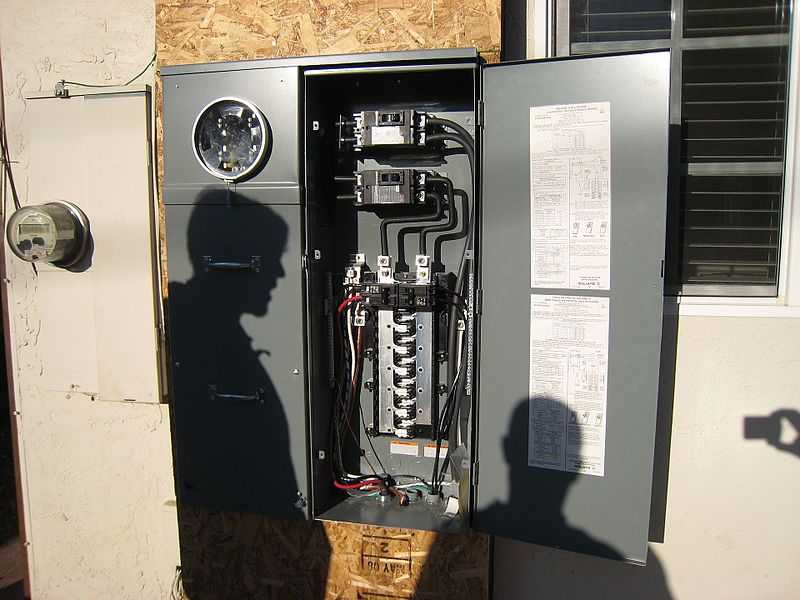
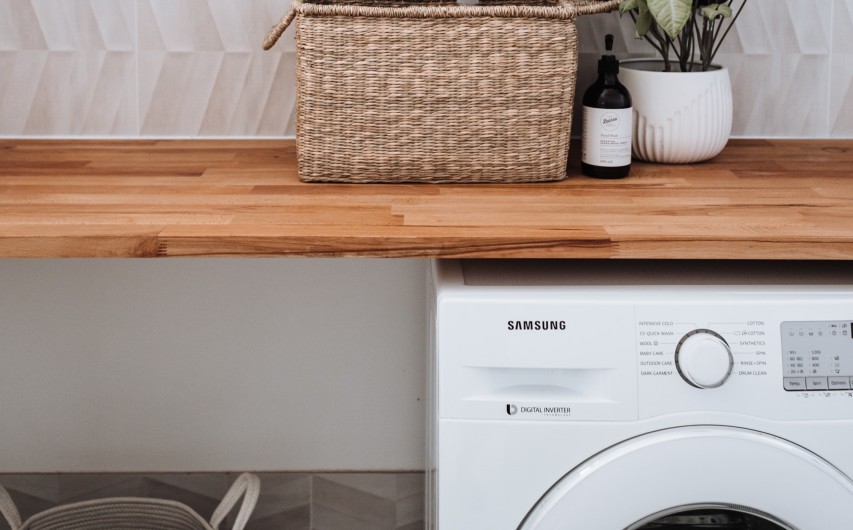
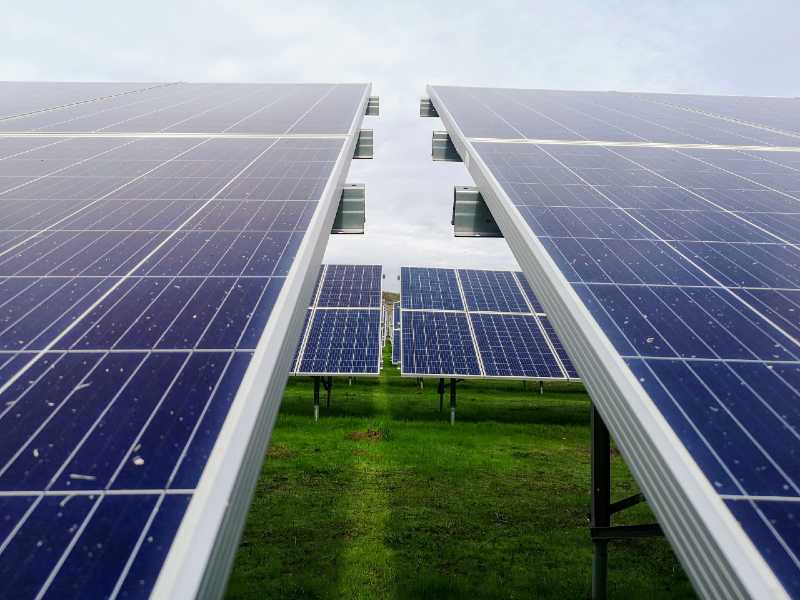
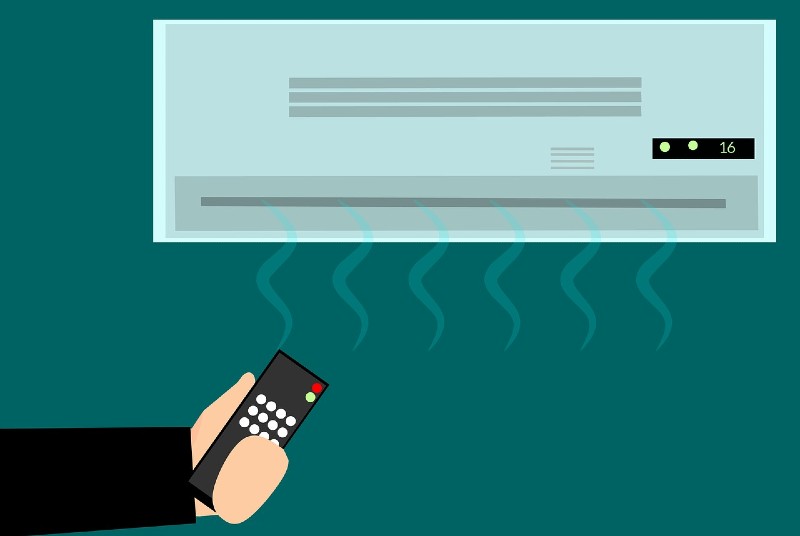

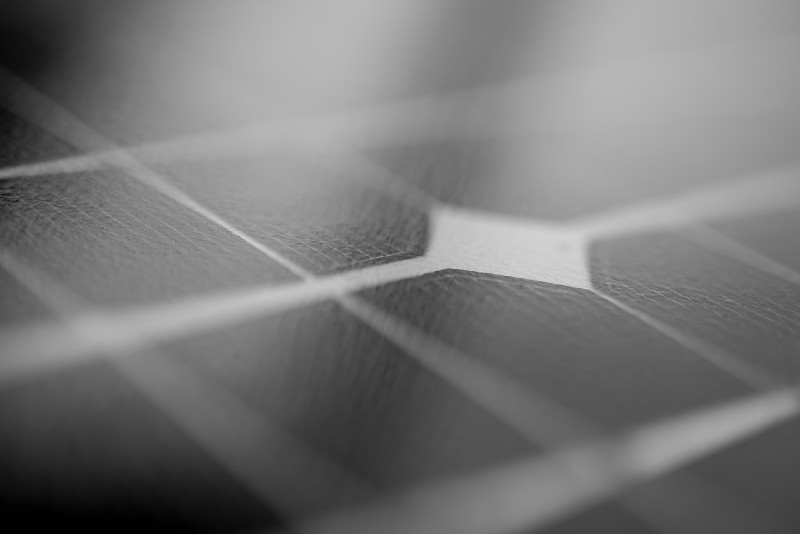
Was wondering is I was to just have a cabin 20×20 feet if solar can provide all my power
Absolutely!
I have an article on solar systems for cabins
If you need any help with designing your system, please don’t hesitate to email me.